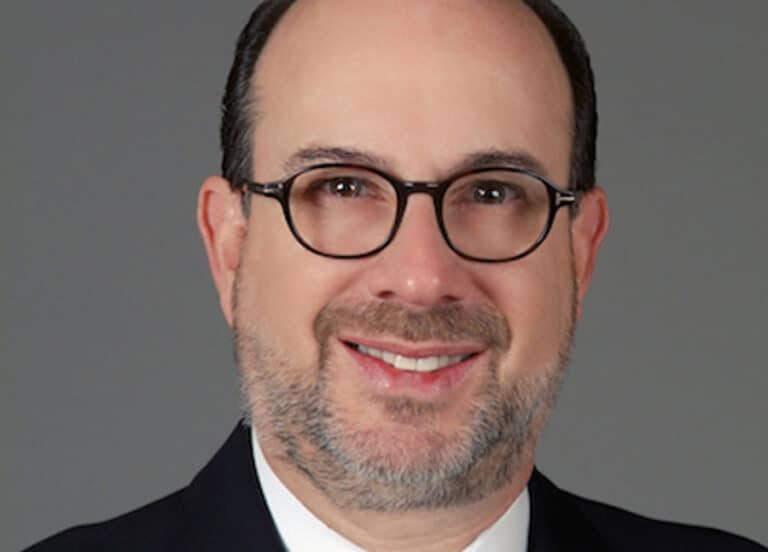Air forwarders are seeing flat growth as they face wild-card events this year and ever more regulation, Airforwarders Association (AfA) executive director, Brandon Fried (pictured above) tells Air Cargo Week.
For the year so far, Fried says: “While the larger forwarders tend to be experiencing flat to modest growth, small to medium niche-oriented companies appear to be prospering in specialised areas including trade show, e-commerce related delivery and special projects. In general, however, growth has been relatively flat.”
Fried says members are optimistic that they will see a ‘slight improvement’ for the rest of 2016, and there are areas of hope, such as the Trans-Pacific Partnership Agreement (TPP).
The TPP was signed by 12 countries, the US, Japan, Malaysia, Vietnam, Singapore, Brunei, Australia, New Zealand, Canada, Mexico, Chile and Peru, and aims to deepen economic ties between the nations by slashing tariffs and fostering trade.
Though Fried says lifting and reducing barriers is good for the trade community and will increase commerce, it still needs to go through Congress. “Our primary concern is that given the state of politics in Washington, we may not see Congress passing the TPP in this session although the (US) President remains optimistic.”
As well as the opportunities posed by the TPP, the opening up of Cuba offers potential in both directions, and the AfA has been making sure cargo is not forgotten about. “The US Airforwarders Association has advocated for the awarding of increased air service between all major Cuban cities and the US but only to airlines with cargo departments since our future with Cuba is not only about personal travel, but trade as well.”
AfA members have the fun of dealing with events outside of their control, such as the UK voting to leave the European Union, known as ‘Brexit’, and the US presidential elections later this year. So far, Fried says Brexit has not caused members too much concern.
Fried says: “Those members with whom I have recently spoken remain cautiously optimistic and feel its true impact will not be seen immediately.”
Members also have to contend with what Fried describes as “the seemingly never ending tsunami of regulation” becoming a major cost of doing business.
He says: “This has led to the need for forwarders to maintain cadres of compliance specialists, reengineered process, recording keeping, audits, all adding cost and negatively impact productivity.”




